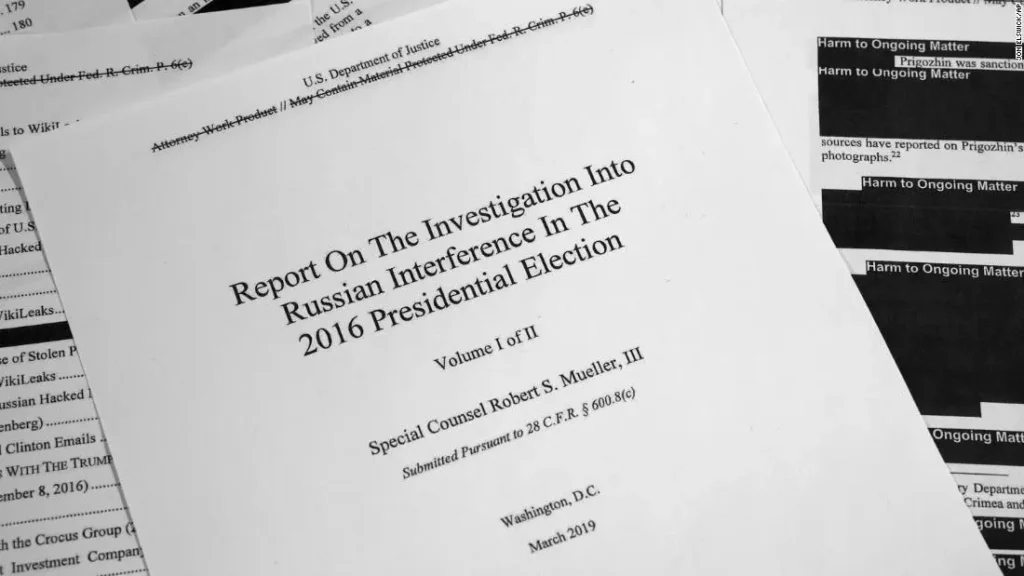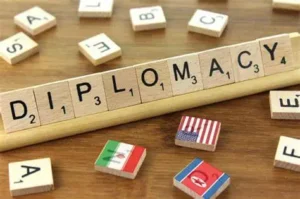
In the shadows of the internet, a battleground for minds is brewing. The dark web, a hidden labyrinth beyond the reach of search engines, is becoming a potential breeding ground for manipulating public opinion in the digital age. The anonymity and lack of regulation on the dark web raise serious concerns about its potential misuse in political campaigns. In the digital age, manipulating public opinion (perception management) is crucial for political campaigns. Social media platforms, with their vast reach and targeted advertising, have become key battlegrounds for influencing public opinion. This article provides insight about the tools and tactics of digital perception management and explores the dark web’s political manipulation role in this landscape.
Dark Web a tool for Political Manipulation
Tools and Tactics of Digital Perception Management In the field of digital perception management, the open web provides a diverse set of tools and methods for political reasons. Social media manipulation is a common method, involving creating and disseminating content, to influence public opinion. Simultaneously, it can be used for peddling fake news items, biased comments, and message amplification via bots and automated accounts. Astroturfing, another approach, creates the appearance of grassroots support by creating fake accounts or manipulating existing ones to provide the impression of widespread support for a cause or candidate.
Targeted advertisement that allows political campaigns to send targeted messages to certain demographics.
One of the major benefits of dark web’s political manipulation is targeted advertisement that allows political campaigns to send targeted messages to certain demographics or user groups, utilizing personal biases to convey misinformation or affect voter sentiments. In 2022, Freedom House recorded an 11th consecutive year of deteriorating internet freedom, suggesting a declining capacity to access and distribute information online without Government interference. The data by Brennan Center for Justice shows an increase in online political advertising investment, with campaigns using advanced targeting technologies to reach specific populations.
The Dark Web: A Potential Breeding Ground?
The anonymity and absence of regulation on the dark web make it ideal for a variety of unethical or illegal political perception management ventures. One such activity is coordinating bot networks and disinformation campaigns, which is made possible by the anonymity of the dark web, which allows for the orchestration of large-scale operations that are difficult to identify. The dark web also functions as a marketplace for the selling of stolen data, such as personal information and voter data, which can then be used for targeted political messaging aimed at changing opinions or influencing elections.
Furthermore, the anonymity provided by the dark web enables discreet communication between political actors and anonymous operators, allowing for collaboration in actions such as hacking or propaganda distribution, while retaining plausible deniability. Although direct evidence linking specific political campaigns to dark web activities is scarce due to the inherent anonymity, research and reports, such as the studies by the Defending Digital Democracy Institute, highlight a concerning trend of cyber-criminal groups exploiting the dark web to target political campaigns and elections.
Case Studies:
• 2016 US Election: The Mueller Report found evidence that Russian actors used the dark web to purchase server space and coordinate some aspects of their online interference campaign during the 2016 US Elections. This included spreading disinformation and manipulating social media discussions to influence voters. • In 2018, Facebook removed a network of accounts linked to a Myanmar military junta that allegedly used the platform to spread misinformation and manipulate public opinion during the country’s elections.

• The famous 2010 Arab Spring, which shackled the foundations of Middle Eastern politics and ousted various dictatorial regimes, had a considerable affair with cyber domain, from activism to actually throwing out regimes, social media played a crucial role in defining the dynamics of Arab Spring.
• Social media has become an increasingly influential platform in Pakistani politics, with political parties and candidates actively using cyber platforms to reach voters and engage in political discourse as it was evident in the 2024 General Elections, where a particular party employed social media as a tool to spread pre-mature victory narrative with the aim to make elections results controversial. This party has been misusing the cyberspace to peddle their nefarious anti state narrative for petty political gains.
Also read: Hate Speech: Words as Weapons
The Democratic Dilemma
The growth of the dark web’s political manipulation and its involvement perception management creates a major democratic quandary. Transparency in political activity remains critical for preserving public trust and establishing a functioning democracy. This includes understanding the sources of information and money for political campaigns, in order to avoid undue influence and manipulation. Cybersecurity is also vital for protecting key infrastructure and information from harmful actors. Striking a balance between these opposing interests is important. How can we govern online political activity to reduce the risk of manipulation and disinformation, while protecting free speech and open discourse? This difficult subject deserves serious consideration and continued discussion.
Way Forward
• Stringent regulatory measures, universally accepted and respected mechanisms to curb the vices of dark web is crucial as this is an issue beyond borders.
• Investing in technology to detect and report dangerous activities on the dark web is vital. This includes building technologies to detect and track disinformation efforts and bot networks.
• Introducing media literacy at all levels
• To address the global dilemma of dark web usage, governments, tech corporations, and civil society organizations must collaborate. Sharing best practices and implementing coordinated actions can help address this issue successfully.
• Educating citizens on identifying and evaluating online content, particularly on the dark web, is vital. This can enable people to make educated judgments and resist deception.
The opinions shared in this article reflect the author’s personal views and do not necessarily align with the institution’s official stance.



